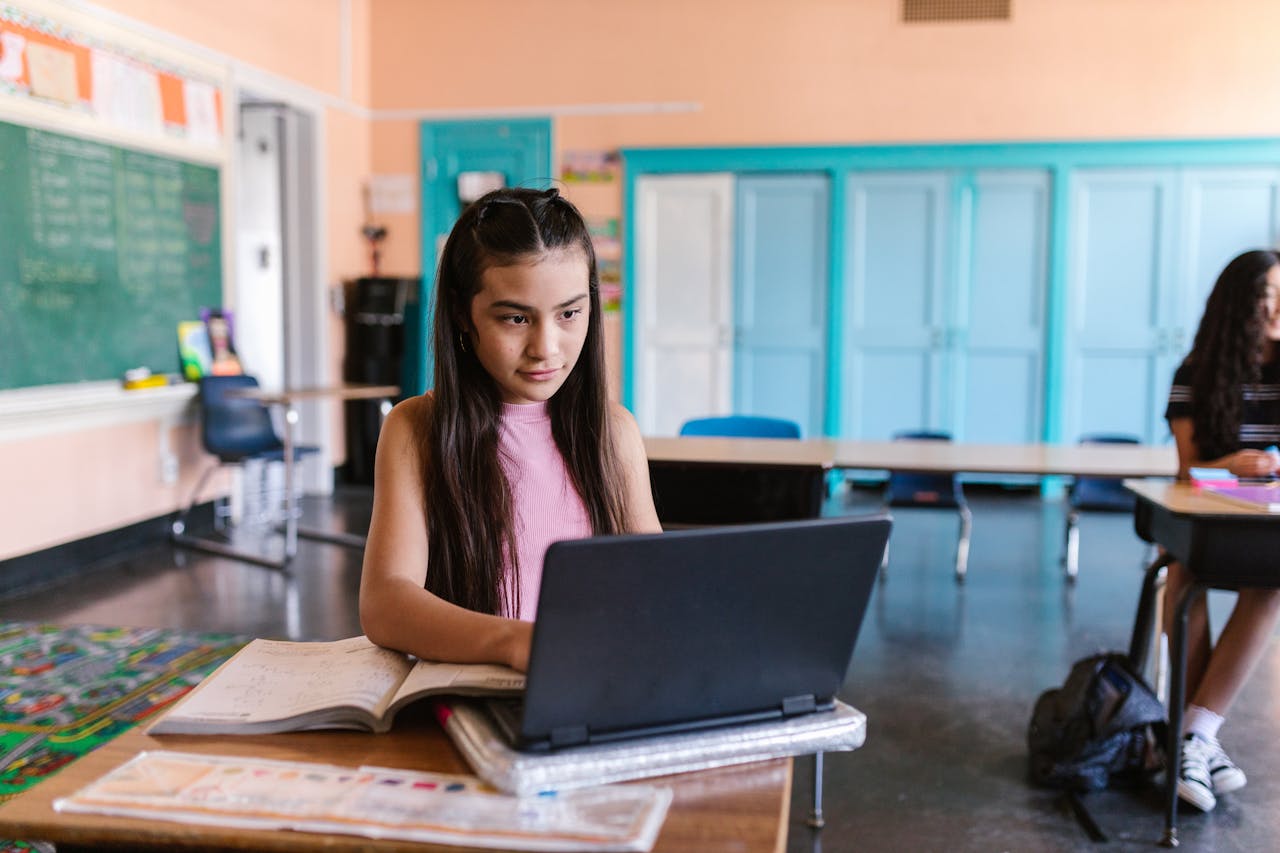Life after high school brings new decisions about money, jobs, housing, health, and privacy. Real skills beat guesswork. You will read pay stubs, set passwords, sign forms, and plan meals that fit your budget. Knowing basic tenant rights, safe cooking, and how credit works gives you choices instead of stress. This guide breaks down ten practical skills that help you handle adult tasks with confidence, whether you move out, go to college, or start a job. Keep this list handy and practice one habit each week until it sticks.
1. Budgeting And Bank Accounts
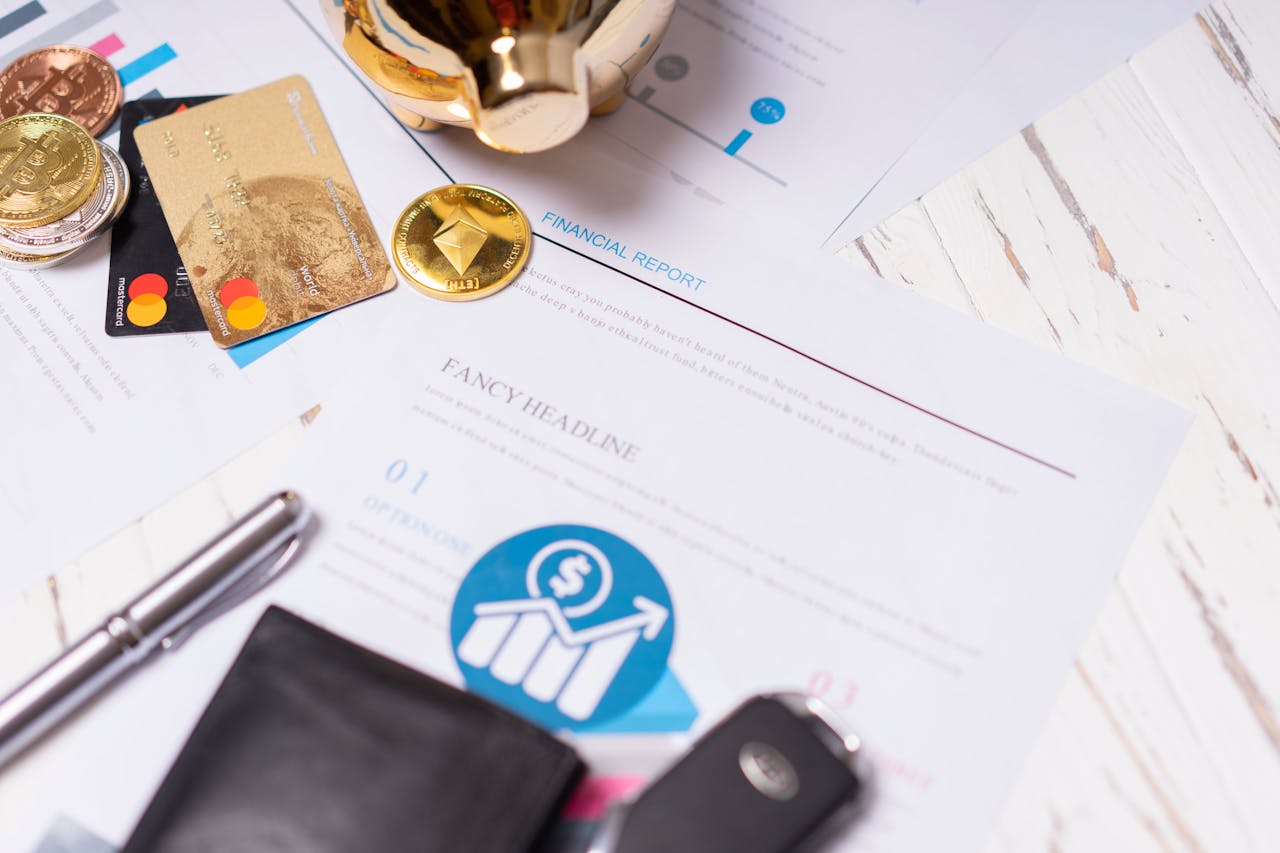
Learning to budget starts with tracking inflow and outflow. Open a checking account for daily use and a savings account for goals. Set up direct deposit if your employer offers it, then split paychecks so savings happens first. Use a simple rule like 50 percent needs, 30 percent wants, 20 percent saving and debt. Check bank fees, overdraft rules, and ATM networks before you sign. A small emergency fund, even two hundred dollars, turns surprise costs into manageable problems. Review pay stubs so you know gross pay, taxes, and take home. Build a habit of updating your numbers weekly.
2. Credit Scores And Cards Basics
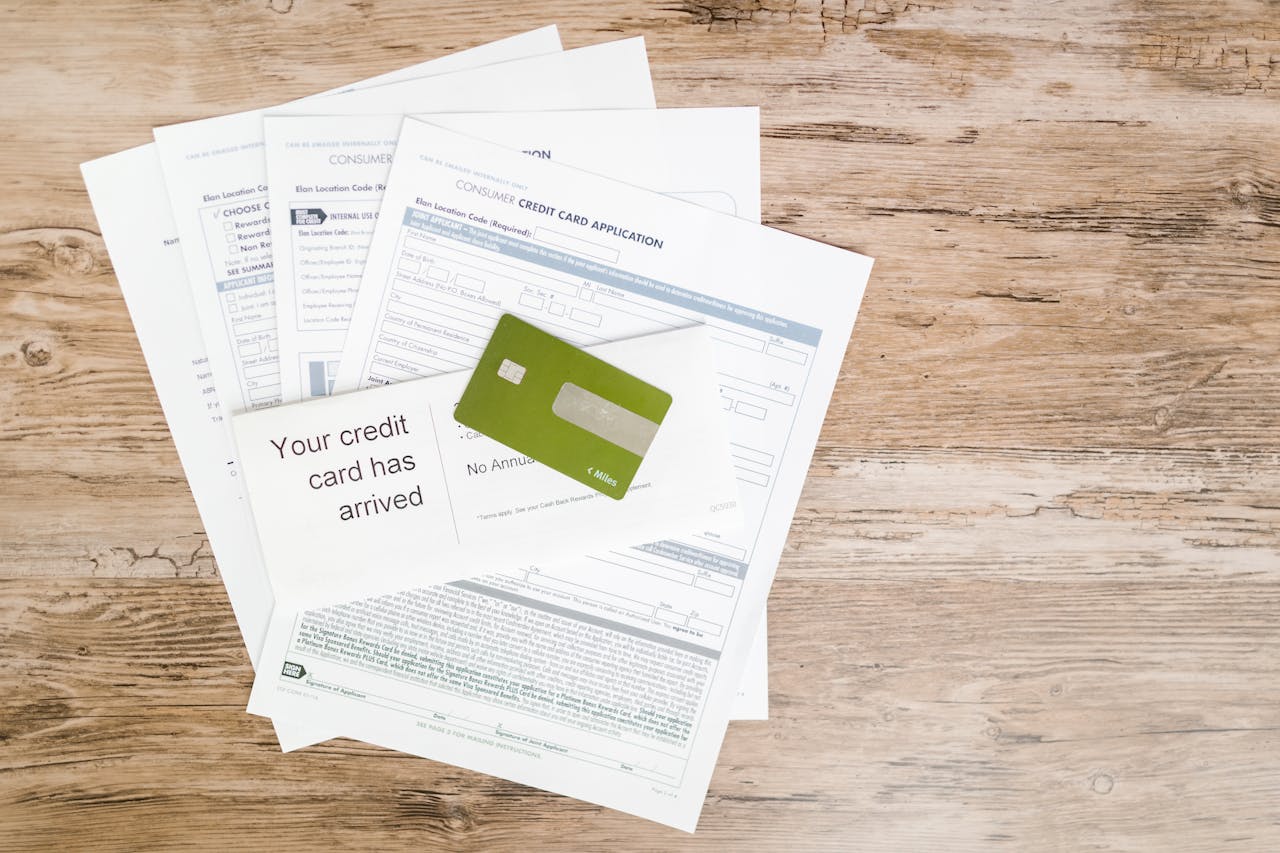
Credit affects renting, phone plans, and car rates. A score reflects payment history, balances, and length of credit use. Start safely with a secured card or authorized user status, then pay on time and in full. Keep utilization under thirty percent to show control. Check your free annual credit reports to spot mistakes and fraud. Avoid opening many accounts at once, since hard pulls can ding your score. On-time payments build trust, while missed bills can stay on reports for years. If debt happens, call the lender early, ask about hardship options, and set up auto reminders to prevent slips.
3. Taxes, W-4, And Pay Stubs
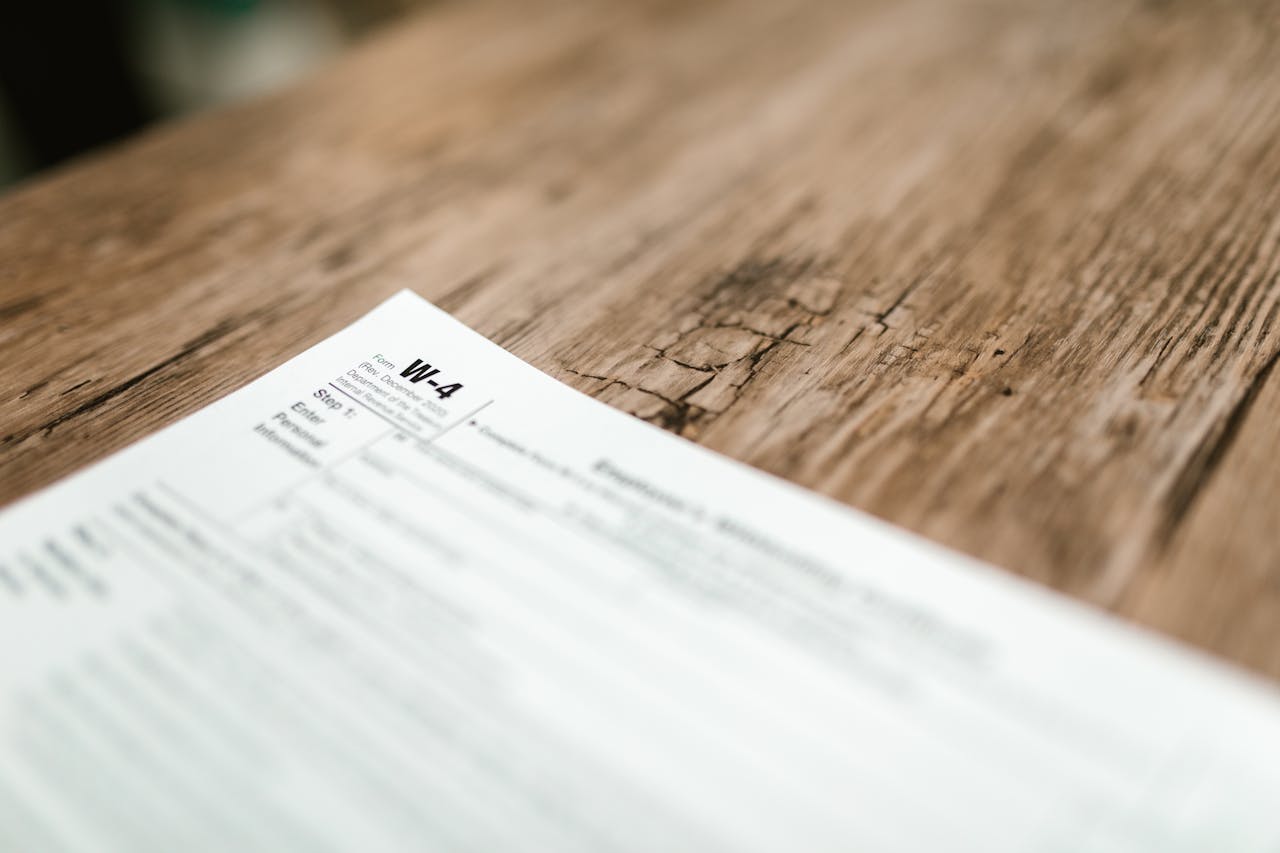
First jobs teach you how taxes work. A W-4 tells your employer how much to withhold from each paycheck. Pay stubs list gross pay, federal and state taxes, and FICA for Social Security and Medicare. Save digital copies of forms and use them when you file a simple return. If you freelance, set aside part of each payment for taxes and track expenses. Free filing options exist for many incomes, so check eligibility and apply early to avoid last-minute stress. Learn the basic difference between a refund and owing. Adjust your W-4 if you consistently get a huge refund or a big bill.
4. Renting, Leases, And Tenant Rights
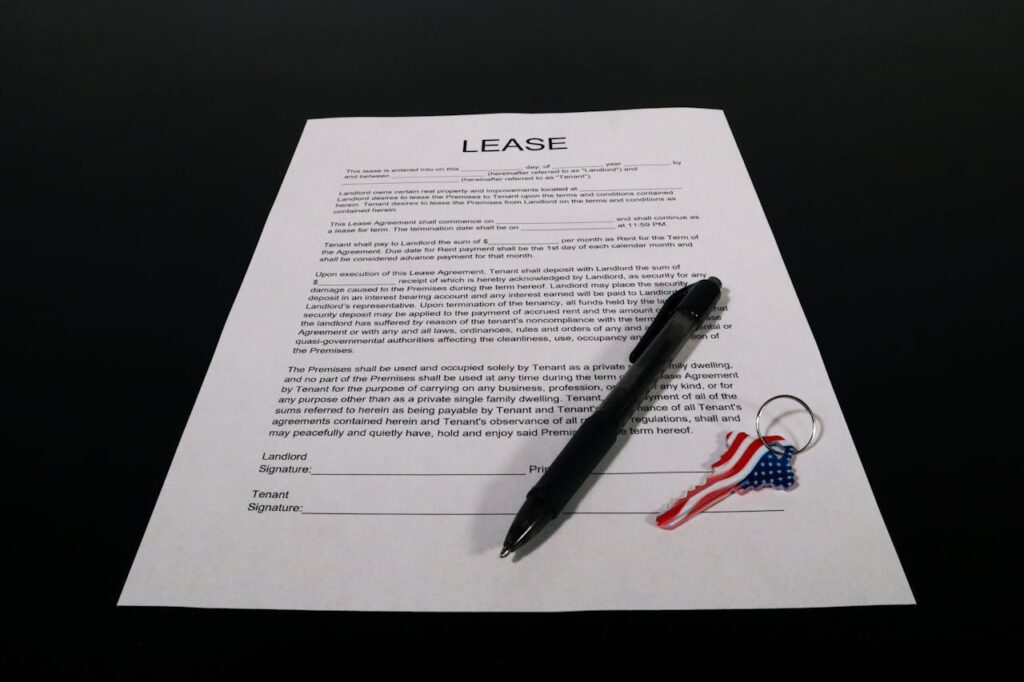
Before signing a lease, read every line. Note the rent amount, due date, late fees, and who pays utilities. Most states limit security deposit handling and require timely repairs for essential services. Document the unit with date-stamped photos at move-in and move-out. Never pay with cash without a receipt, and avoid wiring money to strangers. Roommates should put agreements in writing, including cleaning and shared bills. Local tenant groups and city housing sites explain rights and how to request repairs in writing.
5. Meal Planning And Safe Cooking

Cooking for yourself saves money and time. Plan simple meals for the week, shop with a list, and store leftovers safely. Wash hands, separate raw meats, and chill foods quickly to reduce risk. Use a food thermometer to confirm safe internal temperatures for poultry and reheated dishes. Learn a few base recipes like rice bowls, pasta with vegetables, and sheet pan dinners. Batch cooking on weekends gives you lunches for busy days. A tidy kitchen and labeled containers prevent waste and keep roommates happy.
6. Time Management That Actually Sticks
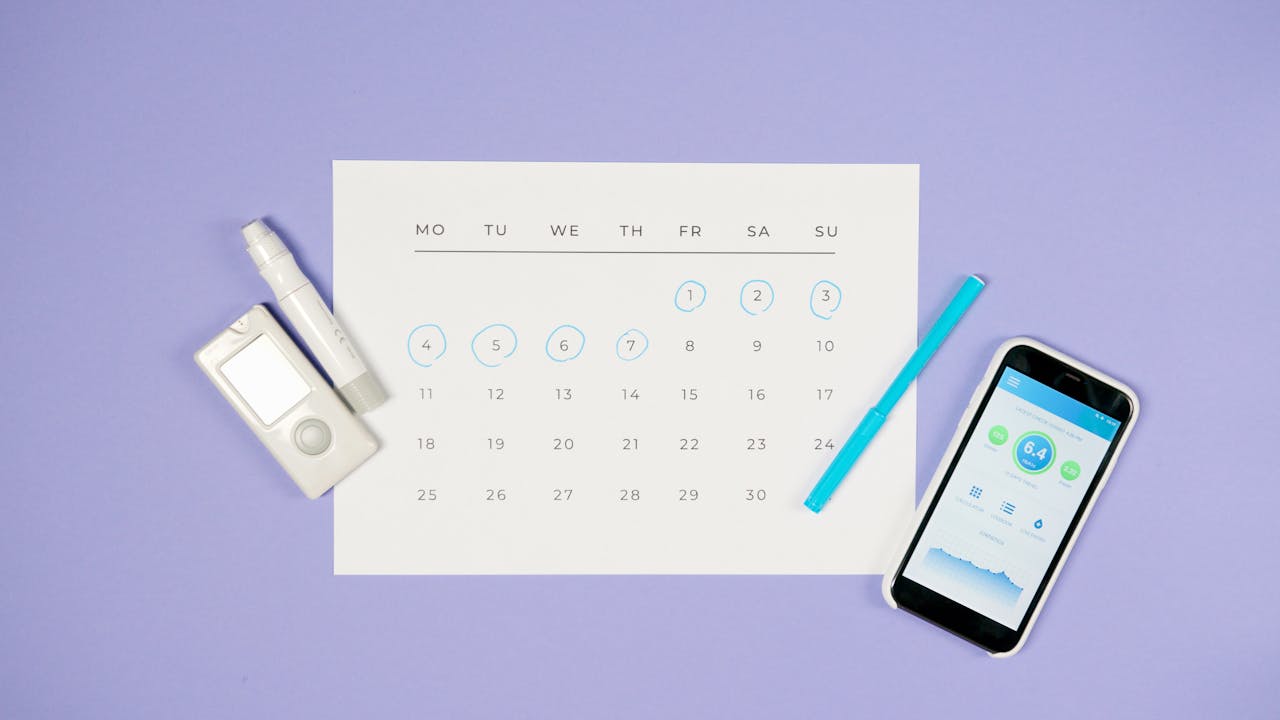
Managing time well means knowing your true capacity. Start with a weekly view of classes, shifts, and travel. Block study hours and breaks, then protect sleep like a priority. Use one calendar for everything and set alerts ahead of deadlines. Break big tasks into the next three actions so you can start quickly. Say no when your schedule is full, and leave buffers for transit or tech issues. A steady routine reduces stress and gives you space for friends and hobbies. Review your plan each Sunday, move blocks that did not work, and repeat until the schedule fits your real life.
7. Digital Privacy And Online Safety
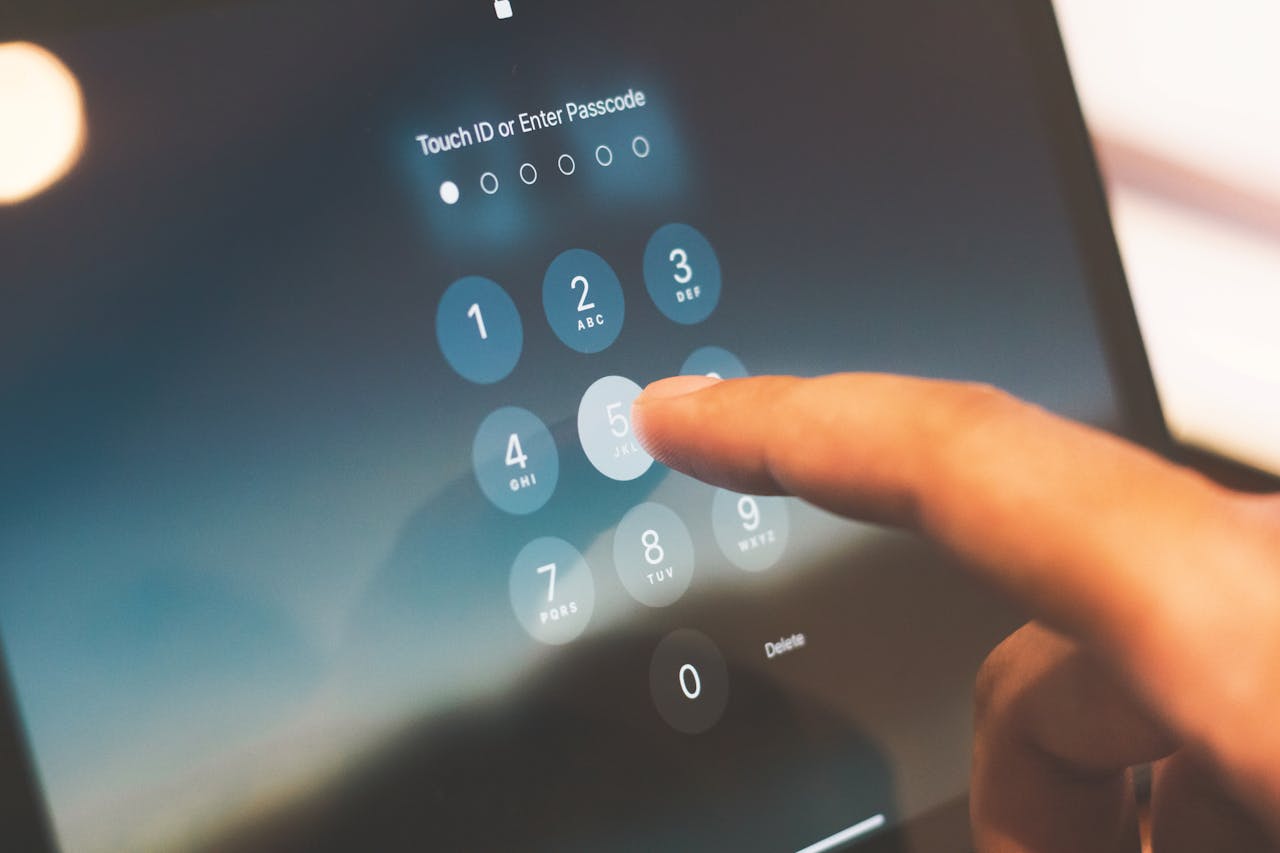
Your digital life affects school, jobs, and safety. Use strong, unique passwords and a password manager to keep track. Turn on two-factor authentication for email, banking, and socials. Review privacy settings, limit location sharing, and think before posting images of others. Avoid public Wi Fi for banking, and use your carrier connection when possible. If a scam or bullying happens, save evidence, block, and report through platform tools. Practice calm replies in messages, since screenshots can travel far and last a long time.
8. Healthcare Basics And Appointments
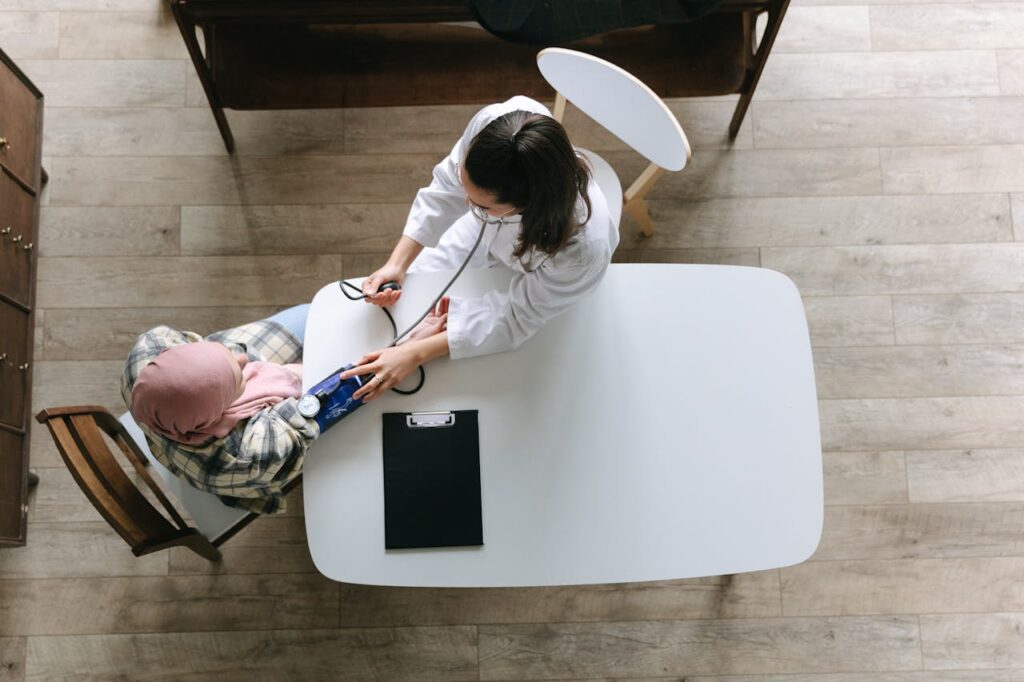
Staying healthy includes paperwork. Know where your insurance card is, which clinic you use, and how to book visits online. Bring a list of medicines and allergies to appointments. Learn the difference between urgent care and emergencies so you can choose the right place and cost. Most pharmacies offer vaccines and easy refills. Ask for a copy of the visit notes and follow instructions, like finishing antibiotics. If you turn eighteen, you can sign your forms and grant permission for a parent to access records.
9. Job Search, Resumes, And Interviews

Finding work starts with a clear resume that highlights school projects, part-time jobs, and volunteer roles. Write short bullet points with action verbs and simple results. Create a clean email address and voicemail greeting that sounds professional. Network by telling teachers, coaches, and friends what roles you want. Practice short interview answers that show reliability, teamwork, and problem-solving. After interviews, send a thank you message within a day to reinforce interest and good communication.
10. Transportation, Car Care, And Transit

Transportation options include walking, biking, transit, and driving. Learn bus routes and passes in your city to save money. If you own a car, follow the maintenance schedule in the manual, check tire pressure monthly, and keep insurance cards in the glove box. Never ignore warning lights, strange smells, or wobbling. Safe habits matter, like no texting while driving and planning a sober ride. For bikes or scooters, use lights at night and lock up with a strong U lock. Knowing several routes to school or work helps you handle closures and weather. Keep a small roadside kit with jumper cables.
